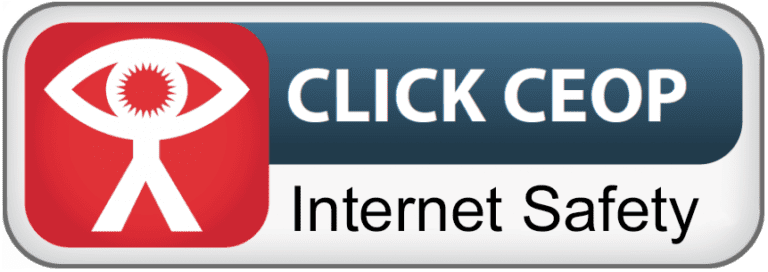If you are worried about a child, what might you be worried about?
What is child abuse and neglect?
Some abuse may happen because parents, carers or other adults act in ways which harm children. Other kinds of abuse occur when adults fail to take action to protect children or fail to meet a child’s basic needs.
There are four main types of abuse:
Physical Abuse
This may involve hurting or injuring a child by hitting, shaking, poisoning, burning, scalding, drowning, suffocating or otherwise causing physical harm to a child.
Emotional Abuse
Persistent emotional ill treatment of a child. It may involve telling children that they are worthless or unloved, inadequate, or valued only insofar as they meet the needs of another person.
Sexual Abuse
Forcing or enticing a child or young person to take part in sexual activities, whether or not the child is aware of what is happening. It may also include non-contact activities such as involving children in inappropriate sexual activities.
Neglect
Persistent failure to meet a child’s basic physical and/or psychological needs, which is likely to result in the serious impairment of the child’s health or development.
Witnessing domestic abuse is also harmful to children. If you are involved in domestic abuse talk to someone.
What might make you concerned?
There are many possible signs of abuse ranging from physical injury to changes in behaviour. In some cases a child may tell you that they are being harmed. Alternatively you may witness an incident either between a parent and a child or a professional or volunteer working with children, which causes you to be concerned.
What to do if you are concerned?
Adults have a responsibility to share any concerns they have, even when they may have some doubts as to whether a child is being harmed.
If you are concerned about a child speak to someone. This might be a health visitor, nursery staff, teacher, family doctor, social worker or police officer.


